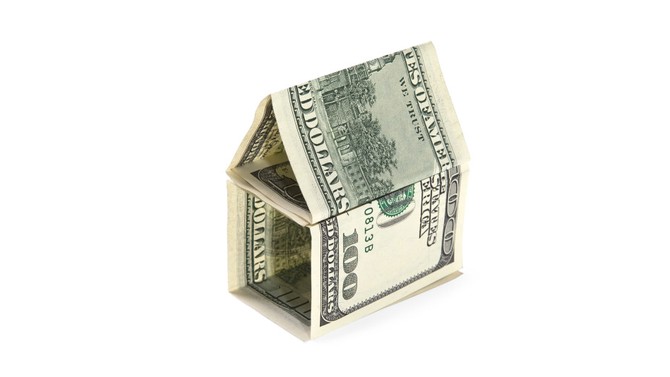The Best Money Move at Every Stage of Your Life
The best way to handle your money? Depends on where you are in your journey through life.
By Farnoosh Torabi

Photo: Alex Potemkin/E+/Getty Images
Age may be just a number but as the years go by, our feelings about money—how we earn it, how we spend it, and how we stash it away—tend to change, too. “Our relationship with our finances evolves across our life,” says financial therapist Amanda Clayman. “Depending on which phase we’re in, we may find ourselves more at peace or far from it.” All the more reason to establish a durable financial game plan.
Starting Out
In our 20s, getting by on an entry-level salary can make it tough to set long-term financial goals. Nearly half of female investors ages 25 to 34 agreed with the statement “I am driven more by the present than the future when it comes to financial decisions,” according to a 2014 Ameriprise Financial study.
Many millennial women are delaying marriage, which also brings financial challenges, says Stefanie O’Connell, author of The Broke and Beautiful Life: “They’re contending with the higher cost of living alone and saving up for major milestones on their own.” On top of that, four in ten millennials describe their debt as "overwhelming," according to a 2014 Wells Fargo study.
Your Best Money Move: Negotiate. Asking for $55,000 instead of $50,000 early in your career could amount to $600,000 over 40 years.
Starting Out
In our 20s, getting by on an entry-level salary can make it tough to set long-term financial goals. Nearly half of female investors ages 25 to 34 agreed with the statement “I am driven more by the present than the future when it comes to financial decisions,” according to a 2014 Ameriprise Financial study.
Many millennial women are delaying marriage, which also brings financial challenges, says Stefanie O’Connell, author of The Broke and Beautiful Life: “They’re contending with the higher cost of living alone and saving up for major milestones on their own.” On top of that, four in ten millennials describe their debt as "overwhelming," according to a 2014 Wells Fargo study.
Your Best Money Move: Negotiate. Asking for $55,000 instead of $50,000 early in your career could amount to $600,000 over 40 years.

Photo: PeopleImages/istock
The Sandwich Generation
Money may not buy happiness, but for women in midlife—think Gen Xers and some baby boomers—it can provide relief. According to a 2015 study, the link between income and happiness is strongest at this stage—60 percent stronger than for young adults.
Sandwich generation women may be juggling the costs of raising children (daycare, after-school activities, college) and of aging parents’ medical needs. “The pressure is on,” says Clayman. “So the more money you have to cover these bases, the more you can reduce stress and increase contentment.”
In 2012, about 15 percent of middle-aged adults were providing financial assistance to an aging parent and a child.
Your Best Money Move: If you leave your job to care for family, stay in touch with colleagues and tap resources like Après, a LinkedIn-style site for women seeking to reenter the workforce.

Photo: wundervisuals/istock
The Fantastic 50s
Starting around 55, our financial certainty peaks; 62 percent of boomer women feel a strong sense of control over saving and investing, according to Ameriprise. “As you age, you’re more likely to have confidence about what to do, how to do it, and when,” says financial behaviorist Jacquette Timmons.
Eighty percent of female boomer investors say they're satisfied with their achievements.
Your Best Money Move: If you delay Social Security benefits until your full retirement age, you'll receive 100 percent of your benefit.

Photo: abel Mitja Varela/Taxi/Getty Images
Boomers and Beyond
Later in life, money doesn’t affect just the way you plan for the future; it can have an impact in the bedroom. A 2016 McGill University study of women ages 55 to 85 discovered that the more well-off they were, the better their romantic relationships and sex lives tended to be. As the study’s coauthor Annie Xiaoyu Gong explains, when women have more education and economic stability, they may also have a heightened sense of power and be more fearless about asking for what they want.
Your Best Money Move: Worried about having enough for retirement? You can make additional catch-up contributions to certain retirement accounts, like a 401(k) or an IRA, starting at age 50.
Farnoosh Torabi is a personal finance expert, the author of When She Makes More and the host of the award-winning podcast So Money.
From the February 2017 issue of O, The Oprah Magazine

